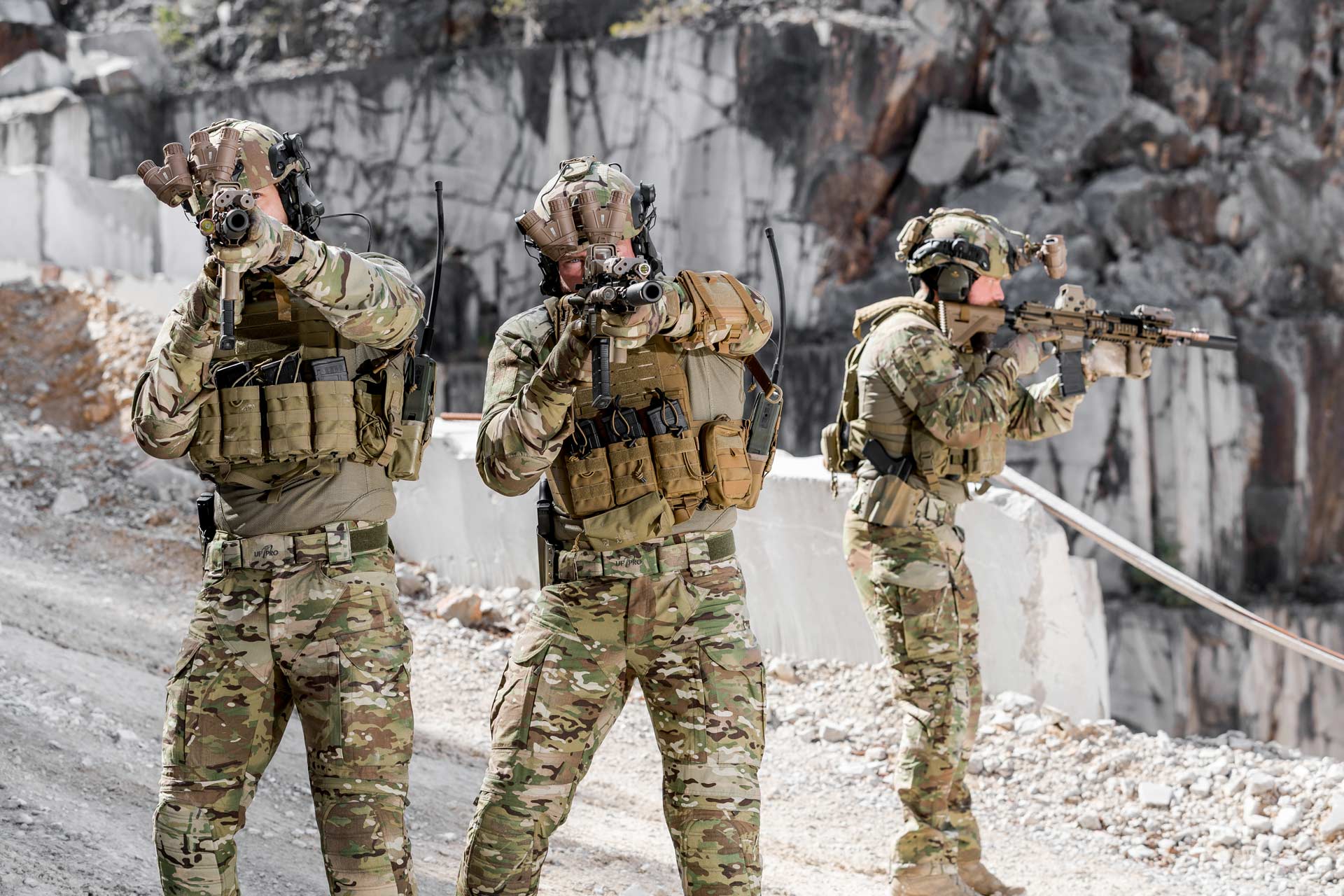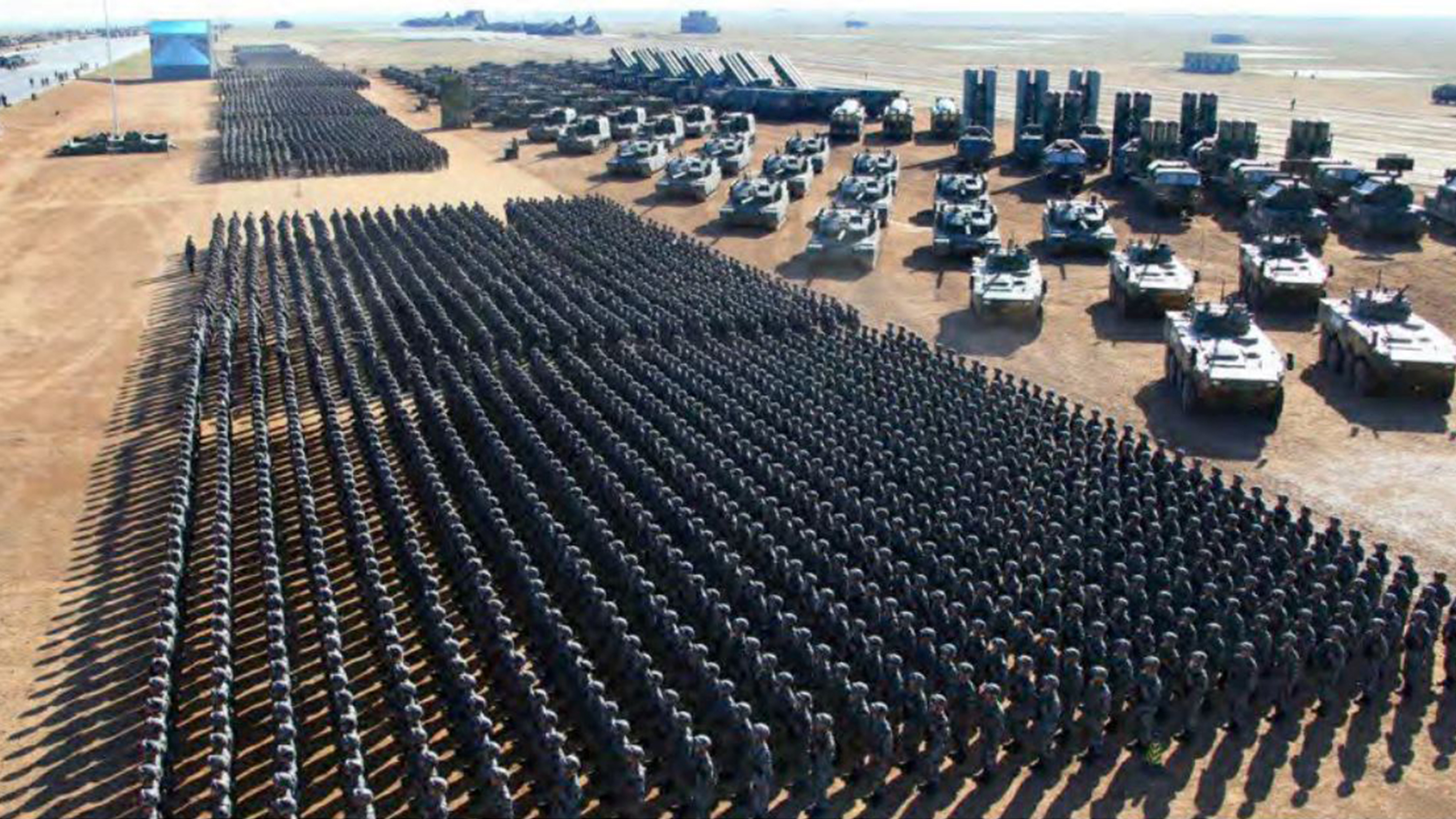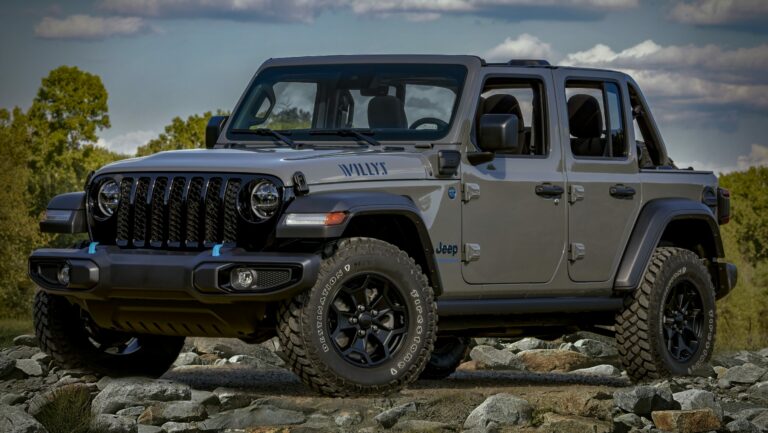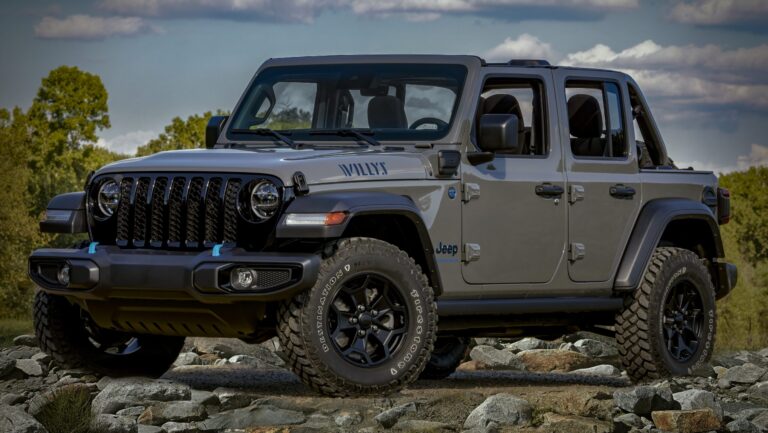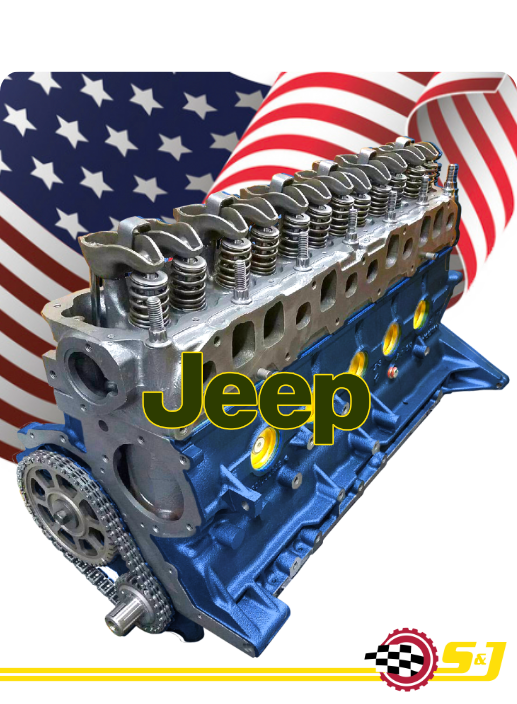Military 1/4 Ton Jeep Trailers For Sale: Your Ultimate Guide
Military 1/4 Ton Jeep Trailers For Sale: Your Ultimate Guide jeeps.truckstrend.com
In the annals of military history, few vehicles are as iconic and versatile as the Jeep. But behind every legendary Jeep, there often towed an equally indispensable companion: the Military 1/4 Ton Trailer. These compact, rugged haulers, designed to match the go-anywhere capability of their Jeep counterparts, have transcended their wartime origins to become highly sought-after assets for off-road enthusiasts, collectors, and practical utility users alike. If you’re considering adding a piece of history with unparalleled utility to your arsenal, understanding the world of Military 1/4 Ton Jeep Trailers For Sale is your first crucial step.
The Enduring Legacy: What Makes Them Special?
Military 1/4 Ton Jeep Trailers For Sale: Your Ultimate Guide
The story of the 1/4 Ton trailer begins alongside the legendary Willys MB and Ford GPW Jeeps of World War II. Conceived as a simple, durable means to transport supplies, ammunition, and gear over the harshest terrain, these trailers were built to military specifications, emphasizing robustness and reliability above all else. Successive models, such as the M100 (Korean War era) and the ubiquitous M416 (Vietnam era), continued this tradition, evolving slightly but retaining their core identity as tough, no-nonsense utility trailers.
What sets these trailers apart is their exceptional build quality. Constructed from heavy-gauge steel, featuring simple yet incredibly strong leaf spring suspensions, and designed with a track width identical to their Jeep counterparts, they offered unparalleled off-road tracking and durability. They were designed to survive direct combat zones, meaning they can easily handle a rocky trail or a heavy load of camping gear today. This enduring legacy of strength and simplicity is precisely why they remain so popular, offering a blend of historical charm and practical utility that modern trailers often can’t match.
Why Buy a Military 1/4 Ton Trailer Today?
The appeal of these vintage military trailers extends far beyond historical reenactments or collector’s garages. Their inherent design makes them incredibly versatile for a wide range of modern applications:
- Unrivaled Off-Road Capability: Their robust construction, high ground clearance, and synchronized track width with 4×4 vehicles (especially Jeeps) make them ideal for overlanding, rock crawling, and remote camping where conventional utility trailers would fail.
- Exceptional Durability and Longevity: Built for wartime conditions, these trailers are virtually indestructible. With basic maintenance, they can last for decades, shrugging off abuse that would cripple lighter-duty commercial trailers.
- Classic Aesthetic and Historical Value: For vintage Jeep owners, a matching military trailer completes the authentic look. For others, they offer a unique, rugged aesthetic that stands out from generic utility trailers. Owning one is owning a piece of history.
- Cost-Effectiveness: Often, a well-preserved or easily restorable military trailer can be acquired for significantly less than a new, comparable quality off-road or utility trailer. Their simple design also means repairs and maintenance are straightforward and inexpensive.
- Customization Potential: The basic tub design is a blank canvas. Owners frequently modify them for specific uses, adding roof-top tents (RTTs), expedition kitchens, secure storage solutions, or even turning them into compact teardrop campers.

Types and Models: A Brief Overview
While often referred to generically, there are a few primary models of 1/4 Ton trailers, each with subtle differences:

- M100 Trailer: Predominantly associated with the WWII and Korean War eras. These often featured a slightly more rounded tub design and a tailgate that was part of the body, sometimes requiring the entire rear panel to be unlatched. They are rarer and often command a higher price among purist collectors.
- M416 Trailer: The most common and widely recognized variant, produced from the late 1950s through the Vietnam War. The M416 typically features a more angular tub, often with a drop-down tailgate (though some early versions did not have a true drop-down). They are highly sought after due to their availability and robust design.
- Canadian M101: A Canadian-produced variant, often similar to the M416 but with distinct features such as a pintle hook mounted directly to the frame (rather than a bolted-on pintle lunette).
While the M416 is generally the preferred choice for most users due to its commonality and practical features like the tailgate, all 1/4 ton models share the fundamental characteristics of strength and utility.
What to Look For When Buying: A Buyer’s Guide
Acquiring a military surplus trailer requires a keen eye. These units have often seen hard use and decades of outdoor storage. Here’s what to inspect:
- Frame Integrity: This is paramount. Look for rust, especially near suspension mounts, tongue attachment points, and crossmembers. Check for any signs of bending, cracks, or amateur welds.
- Axle and Suspension: Inspect leaf springs for cracks or broken leaves. Check the shock absorbers (if present) for leaks. Wheel bearings should be smooth and free of excessive play. The axle itself should be straight.
- Body Tub Condition: Rust is the primary enemy here. Pay close attention to the floor, corners, and areas where water might collect. Dents are common and often superficial, but rust-through can be a major repair.
- Tires and Wheels: Ensure the wheels are original or appropriate replacements, matching the Jeep 5×5.5" (or 5×4.5" for later models like CJ/YJ/TJ/JK/JL with adapters) lug pattern. Tires should be in usable condition, though replacements are often necessary.
- Lighting and Wiring: Original military wiring is often 24V and uses specific military connectors. Most civilian users will need to convert to a standard 12V automotive wiring harness and civilian trailer lights. Check for corrosion or damage.
- Title and Paperwork: This is crucial. Many surplus trailers were sold without titles. Research your state’s requirements for titling homemade or surplus trailers. A bill of sale is essential at minimum.
- Originality vs. Modification: Decide if you want a historically accurate restoration project or a practical utility trailer you plan to modify. This will influence how much you’re willing to pay for originality.
Restoration, Customization, and Maintenance
Owning a military trailer often means embarking on a restoration or customization journey.
- Restoration: For purists, this involves stripping the trailer to bare metal, repairing any damage, repainting in original military colors (e.g., Olive Drab), and sourcing period-correct components. This can be a rewarding, albeit time-consuming, project.
- Customization: For off-roaders and campers, the 1/4 ton trailer is a perfect platform. Popular modifications include adding a lid or cover, installing a roof-top tent mounting rack, building internal storage dividers, converting the pintle hitch to a civilian ball hitch (or an articulating off-road hitch like a Max Coupler), upgrading to larger wheels/tires, and adding civilian-style LED lights.
- Basic Maintenance: These trailers are low-maintenance. Regular greasing of wheel bearings, checking tire pressure, inspecting for rust, and ensuring lights are functioning are usually all that’s required. Keeping it clean and dry will prevent rust.
Where to Find Military 1/4 Ton Jeep Trailers For Sale
Finding one of these rugged beauties can be an adventure in itself:
- Government Surplus Auctions: Websites like GovPlanet.com or GSAAuctions.gov periodically list surplus military equipment, including trailers. These often require a bid and can be located nationwide.
- Online Marketplaces: Craigslist, eBay, and Facebook Marketplace are common hunting grounds. Use broad search terms like "military trailer," "Jeep trailer," or "M416."
- Military Vehicle Forums and Clubs: Enthusiast communities are excellent resources for finding trailers for sale, getting advice, and connecting with sellers.
- Specialized Vintage Jeep Dealers: Some dealers who specialize in vintage military Jeeps also stock or can source trailers.
- Word of Mouth: Let friends and fellow enthusiasts know you’re looking; you never know what’s sitting in someone’s back forty.
Legal and Practical Considerations
Before you hook up and hit the road, consider these points:
- Registration and Titling: This is the biggest hurdle for many. Rules vary widely by state/province. Some may allow "homemade" titles if a military title isn’t available. Research thoroughly before buying.
- Towing Capacity: While the trailer itself is rated for 1/4 ton (500 lbs) of payload, your tow vehicle’s capacity is the limiting factor. Ensure your Jeep or truck can safely tow the trailer’s weight plus its intended cargo.
- Hitch Compatibility: Military trailers use a pintle hitch. Most civilian vehicles have a ball hitch. You’ll need a pintle hook receiver for your vehicle or convert the trailer’s lunette to a ball coupler (often done via an adapter plate). For serious off-roading, an articulating off-road specific hitch is recommended.
- Lighting and Safety: Ensure the trailer has functional brake lights, turn signals, and running lights that comply with local regulations. Safety chains are mandatory. Military trailers typically do not have brakes; ensure your tow vehicle’s braking system is adequate.
Price Table: Military 1/4 Ton Jeep Trailers For Sale
Prices for military 1/4 ton trailers can vary wildly based on condition, model, location, and seller motivation. This table provides a general guideline:
| Condition Category | Estimated Price Range (USD) | Description |
|---|---|---|
| Parts/Project | $500 – $1,200 | Heavily rusted, significant body damage, missing components (wheels, lights, suspension parts), no title or paperwork. Requires extensive restoration. Often found at auctions. |
| Usable/Rough | $1,200 – $2,500 | Functional but rough condition. Surface rust, dents, original military paint, possibly minor structural issues. May need new tires, wiring, lights. Likely no title or requires significant effort to title. Good for a utility build. |
| Good/Restorable | $2,500 – $4,500 | Solid frame, minimal rust-through, good overall structure. May have original paint or a basic repaint. All major components present. A good candidate for a full restoration or expedition build. Title status varies. |
| Excellent/Restored | $4,500 – $8,000+ | Fully restored to original military specifications or professionally built for off-road/expedition use. Immaculate paint, new components, documented history (if applicable), and often comes with a clear title. Ready to use. |
Note: These are estimated ranges and can fluctuate significantly based on market demand, location, specific model (M100 generally higher), and unique features.
Frequently Asked Questions (FAQ)
Q1: Are Military 1/4 Ton Trailers street legal?
A1: Yes, generally, if they meet basic requirements for lights, tires, and have proper registration/title. However, titling can be a challenge as many surplus trailers were sold without civilian titles. Check your local DMV regulations.
Q2: Do these trailers have brakes?
A2: No, original military 1/4 ton trailers typically do not have their own braking system. They rely solely on the tow vehicle’s brakes. This is why they are limited to a 500 lb payload capacity.
Q3: Can I convert the military pintle hitch to a standard ball hitch?
A3: Yes, this is a very common modification. You can either use an adapter that allows a pintle lunette to connect to a ball hitch, or replace the pintle lunette with a civilian ball coupler designed for trailer tongues. For off-road use, an articulating off-road specific hitch is often preferred.
Q4: What is the actual weight capacity of these trailers?
A4: The "1/4 Ton" designation refers to a payload capacity of 500 pounds (approximately 227 kg). While the trailer itself is incredibly robust, exceeding this limit can put undue stress on the axle, suspension, and your tow vehicle’s braking system.
Q5: Are parts readily available for military 1/4 ton trailers?
A5: Yes, surprisingly so! Many common wear items like wheel bearings, seals, and spring components are standard sizes. Reproduction body parts, specific military hardware, and lights can be found through military surplus dealers, online forums, and specialized vendors.
Q6: How do I get a title for a military surplus trailer that doesn’t have one?
A6: This varies significantly by state/country. Some states allow "bonded titles," "homemade" titles, or a process for assigning a VIN to a vehicle without a prior title. It often involves an inspection and proof of ownership (like a bill of sale). It’s crucial to research your local Department of Motor Vehicles (DMV) requirements before purchase.
Conclusion
The Military 1/4 Ton Jeep Trailer is more than just a utilitarian hauler; it’s a testament to robust engineering, a piece of living history, and a highly versatile asset for the modern adventurer. Whether you’re a purist seeking to complete your vintage Jeep setup, an overlander looking for an indestructible gear carrier, or simply someone in need of a tough utility trailer, these iconic units offer unmatched durability and character. While the journey to acquire and perhaps restore one might present its challenges, the enduring value, rugged capability, and sheer satisfaction of owning a piece of military heritage make Military 1/4 Ton Jeep Trailers For Sale an undeniably compelling prospect. It’s an investment not just in a trailer, but in an adventure.
